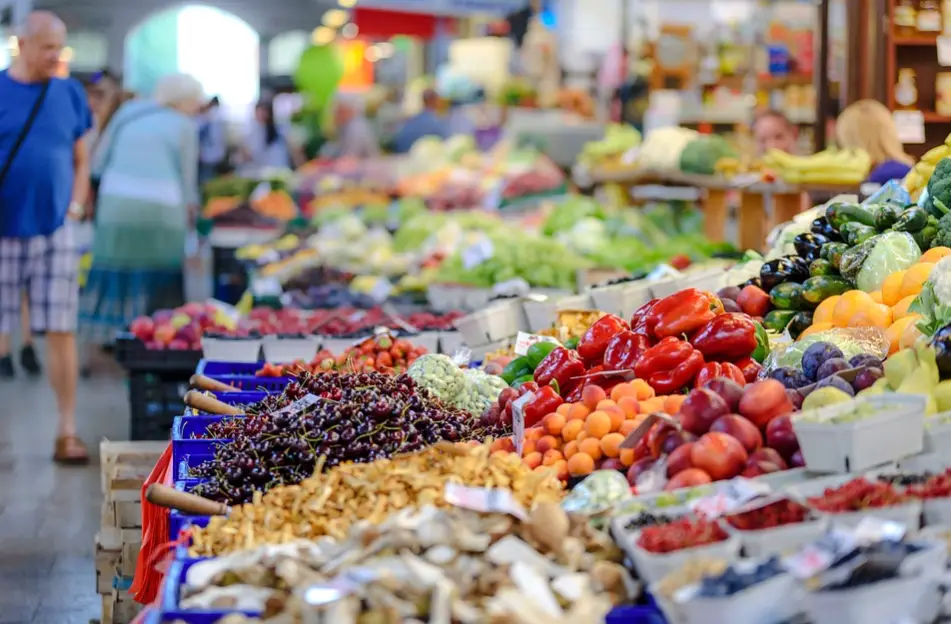There are various agencies and business structures that are ready to perform different kinds of marketing functions. These are known as institutional approaches. This approach often focuses on “who” which means who does the what.
Marketing institutions are performed like a business organization which is helpful for the development of food marketing systems. This approach starts with identifying the nature and characteristics of various middlemen and various agencies.
Marketing middleman:
A person or business concerned who specializes in performing various marketing functions is known as a marketing middleman. Their main function is buying and selling goods. They buy goods from producers and sell goods to the customer. Some common middlemen are-
- Merchant middlemen
- Agent middlemen
- Speculative middlemen
- Processors \manufacturers
- Facilitative organizations
Merchant middlemen:
They take the title of goods and own the products by handling them. They buy and sell for their own gain. Retailers purchase from a wholesaler and sell it to the final customers. This is their main task. They provide a wide variety of products at a single location. Therefore, they are making it available for the customers in the market. Food retailers work in supermarkets. Restaurants, convenience food stores, specialty meat stores, food and vegetable stores, dairies, or bakeries. Retailers are the most common figure in marketing institutions.
Food wholesaler sells to retailer or other wholesaler or industrial users. But they can’t sell a greater quantity to final customers. They make a heterogeneous group of firms. Some local buyers buy goods in the producing area directly from the producers. Then they ship these to large cities. There they are selling to other wholesalers or producers. The large unbar cities also have local wholesalers. They are considered full-line wholesalers who manage many different products. Or they are specialized in handling a limited number of products. However, they may be cash and carry delivery of the products. Such as jobbers, and car lot receivers perform these tasks.
Agent middlemen:
Agent middlemen act as a representative of their clients. They don’t take title or own the products. They only handle the products. Whereas, whereas merchants and retailers receive income in a form of a margin between buying and selling prices. But agent middlemen receive their income in the form of fees and commissions.
They provide their services to buyers and sellers. Besides, they are well informed about the market demand. so they also know well when and how to bring buyers and sellers together. Sometimes, they are retained by customers. Because they lack knowledge and bargaining power.
There are two types of agent middlemen; commission men and brokers.
Commission men always take the physical handling of the products until they are sold. For example Livestock commission firms. On the other hand, the broker doesn’t take the physical handling of the goods. they only follow the buyer’s directions. They never influence price setting. For example grain brokers.
Speculative middlemen:
They buy and sell products for the purpose of profiting from price movements. Of course, they face many uncertain situations like other middlemen. However, retailers and wholesalers always try to secure their income by handling and merchandising their products. They always search for lower risks. But on the other hand, Speculative middlemen are specialized in taking these risks. For that, they are handling and merchandising a minimum number of products. They are also known as traders, scalpers, and spreaders. Besides, they often try for earning profit from short-run fluctuations in prices.
Food processors:
Food processors and manufacturers are the best-known marketing firms. They are specialized in adding time, place, form, and possession utilities. For example, they convert wheat into flour and bread. They perform several marketing functions. They are buyers of farmer’s products. And they also wholesale the finished products to food retailers. Their marketing activities are viewed as important influences on customers’ choices like packaging, branding, credit systems, warranties, after-sales services, etc.

Facilitative organizations:
It helps various middlemen to perform their tasks. These types of an organization directly participate in marketing functions. They may help to bring buyers and sellers together. Sometimes helps to finish the facilities of handling products. The trading middlemen followed a rule of the game established by the facilitative organizations. Such as terms of sale, grading, arranging, transmitting payments, and hours of trading. They receive their income in the form of fees and assessments from those who use their facilities.
Trade associations are like this group. Their primary purpose is to gather, evaluate and disseminate information of value to a particular group. They may conduct research. They also help in preventing unfair or unethical trade practices. Although they are not involved in buying and selling of goods these have a far-reaching influence on the marketing process.
